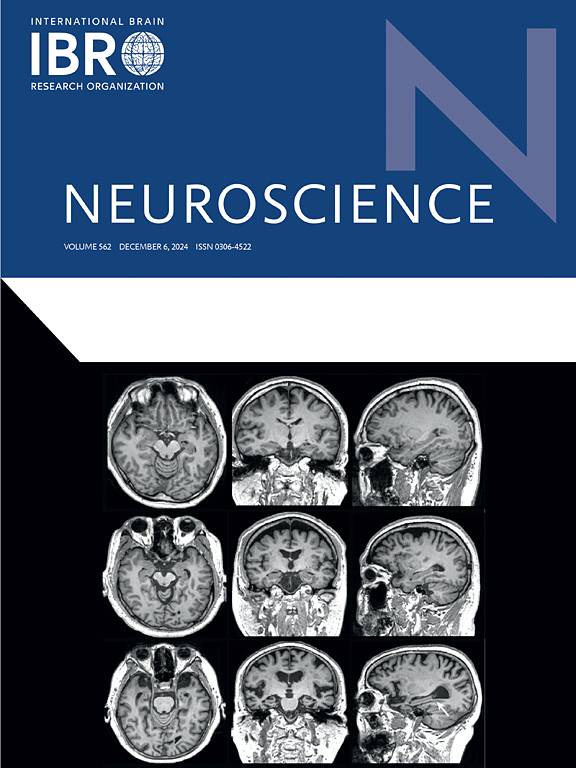Multi-ingredient energy dietary supplement with a small amount of caffeine modulates central and autonomic nervous system after a single use
IF 2.9
3区 医学
Q2 NEUROSCIENCES
引用次数: 0
Abstract
Most research on the impact of neurostimulatory substances on brain function and human behavior focuses on the adverse effects of their high doses or long-term use. However, little is known about the impact of single doses that contain psychostimulants only in a small amount. Therefore, we investigated the acute effect of an energy dietary multi-ingredient supplement with a low amount of caffeine (55 mg) on the ANS in a double-blind, placebo-controlled study (47 participants, 27 women). Previously, we reported its impact on the activity of the CNS through changes in the resting state EEG (rsEEG) pattern and event-related brain potentials by reversing the fatigue-related brain activity. Here, we show that supplementation also influences the ANS through changes in heart electrophysiology. The supplement changed the PRQ and QTc intervals in the ECG signal. In addition, LF power changes were correlated with the changes in rsEEG, which we reported earlier. These findings show that a single dose of dietary supplementation with a much smaller dose of caffeine than in typical caffeinated products may still impact both the CNS and ANS. The results indicate that using such products before electrophysiological examinations in research, diagnostics, and treatment should be considered to control confounding factors. Finally, since the effects were elicited by an energy boost supplement in the mentally fatigued participants, it may be of special importance and enable translation into treatments related to attention, anxiety, mood, and memory disorders.
含有少量咖啡因的多成分能量膳食补充剂,一次使用后可调节中枢和自主神经系统
大多数关于神经刺激物质对脑功能和人类行为影响的研究都集中在其高剂量或长期使用的不良影响上。然而,人们对单次服用含有少量精神兴奋剂的药物的影响知之甚少。因此,我们在一项双盲、安慰剂对照研究(47名参与者,27名女性)中研究了低剂量咖啡因(55毫克)的能量膳食多成分补充剂对ANS的急性影响。在此之前,我们通过改变静息状态脑电图(rsEEG)模式和事件相关脑电位,通过逆转疲劳相关脑活动,报道了其对中枢神经系统活动的影响。在这里,我们发现补充剂也通过心脏电生理的变化影响ANS。补品改变了心电信号中的PRQ和QTc间隔。此外,LF功率的变化与rsEEG的变化相关,这是我们之前报道的。这些发现表明,单剂量的膳食补充剂中咖啡因的剂量远低于典型的含咖啡因产品,但仍可能对中枢神经系统和中枢神经系统产生影响。结果表明,在研究、诊断和治疗的电生理检查之前使用此类产品应考虑控制混杂因素。最后,由于这种效果是通过对精神疲劳的参与者补充能量而引起的,因此它可能具有特殊的重要性,并能够转化为与注意力、焦虑、情绪和记忆障碍相关的治疗。
本文章由计算机程序翻译,如有差异,请以英文原文为准。
求助全文
约1分钟内获得全文
求助全文
来源期刊

Neuroscience
医学-神经科学
CiteScore
6.20
自引率
0.00%
发文量
394
审稿时长
52 days
期刊介绍:
Neuroscience publishes papers describing the results of original research on any aspect of the scientific study of the nervous system. Any paper, however short, will be considered for publication provided that it reports significant, new and carefully confirmed findings with full experimental details.
 求助内容:
求助内容: 应助结果提醒方式:
应助结果提醒方式:


